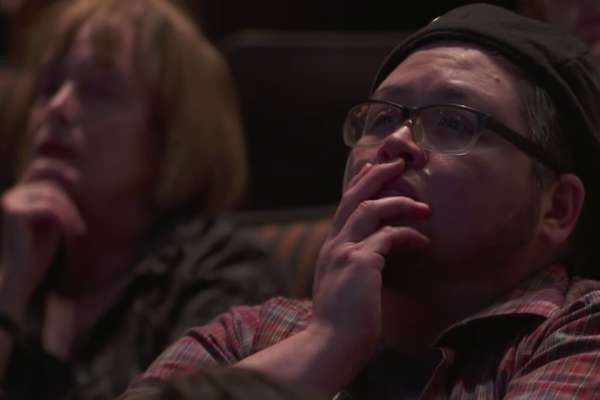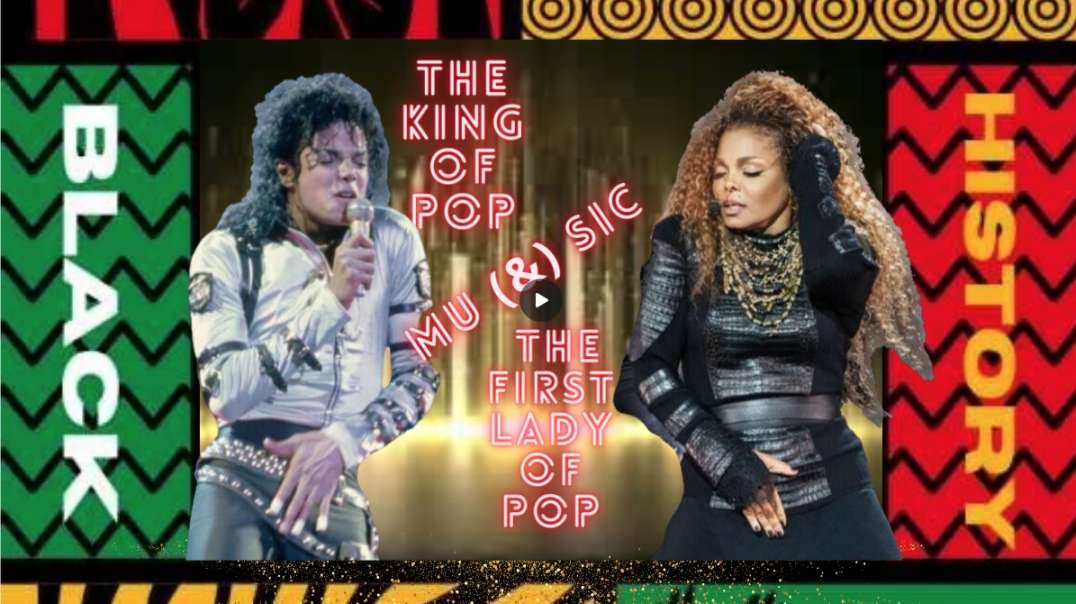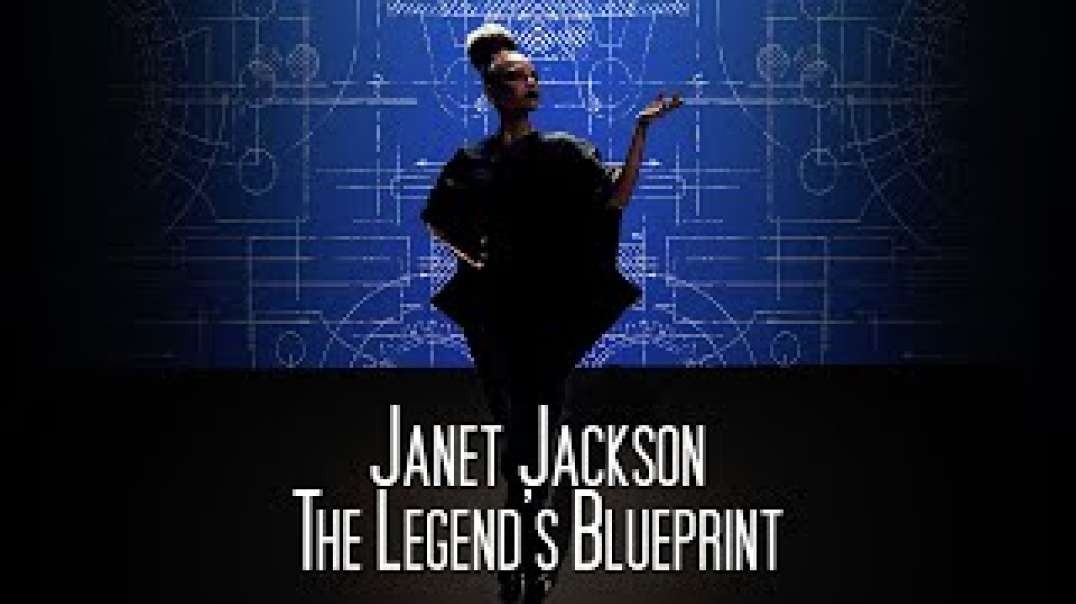African Americans have found hope despite a legacy of racism in the U.S. The southern states never had a more significant economic engine than they did on the backs of enslaved Africans.
The most accurate accounts of American history may even include New York City's mayor Fernando Woods's recommendation of secession. And which states' rights did Mayor Woods seek for New Yorkers? It was the right of Americans to continue enslaving human beings for profit.
Americans fought, killed, and even died to preserve slavery. African Americans work diligently to protect the Truth of history despite the legacy of racism in the U.S. echoing through the ages. A history with lasting effects that include:
- Tenant farming or sharecropping of cotton and even tobacco
- Segregation and the unsafe and often unsanitary housing conditions that resulted
- Jim Crow and the systemic traumatizing of people set apart from their countrymen
- African Americans working to overcome income disparities in the wake of redlining
Let's take a closer look at the true legacy of the Confederacy.
Racism in the U.S. Weaves itself into the Truth about the Confederacy
The impacts of slavery, which the Confederacy defines as a consequence of "the great truth," ripple far across the history of the United States. The legacy of the Confederacy and racism in the U.S. reaches into an excerpt from the Cornerstone Speech.
A speech in which the Confederate Vice President states, "The great truth that the Negro is not equal to the white man; that slavery subordination to the superior race is his natural and normal condition."
When systems like those that disenfranchise African Americans have the government's backing, a profound sense of hopelessness can set in. However, even with small actions rooted in love and non-violence, many have improved the world around them.
Even storied figures like Abraham Lincoln showed no explicit desire to see that African Americans had their freedom. He famously once said, "If I could save the Union without freeing any slave, I would do it, and if I could save it by freeing all the slaves, I would do it, and if I could save it by freeing some and leaving others alone I would also do that."
Still, an approach reminds us it takes more than a village to protect the past, present, and future.
A Persistent and Non-violent Approach to Preserve the Lessons of Racism in the U.S.
Some must step out to effect change, even if only one person exists. Bringing awareness to the challenge of protecting the past, present, and future of African Americans is vital. This awareness is possible with non-violence and love.
Persistent effects that are tactful and not hateful are critical to protecting people. These methods can still dismantle systems of oppression for today, just as they have moved to a brighter future by combating segregation.
Racism in the U.S. reaches even beyond spitefulness between people. Americans must challenge workplace discrimination, housing inequality, and unfair treatment under the law. But, while it can seem like all is lost, it takes more than a village to stand up and keep toxic ideologies like white supremacy from the public offices that help govern the U.S.









No Comments